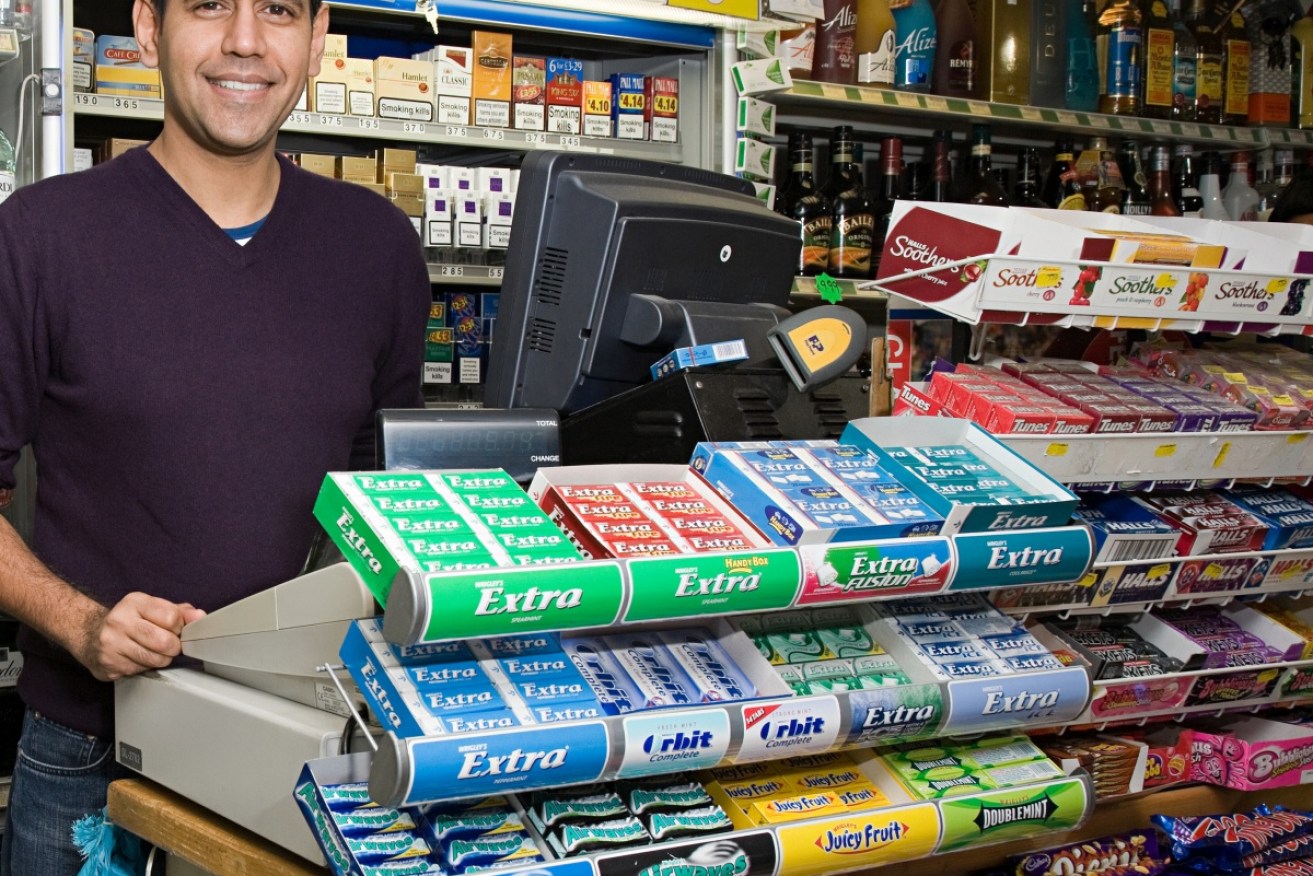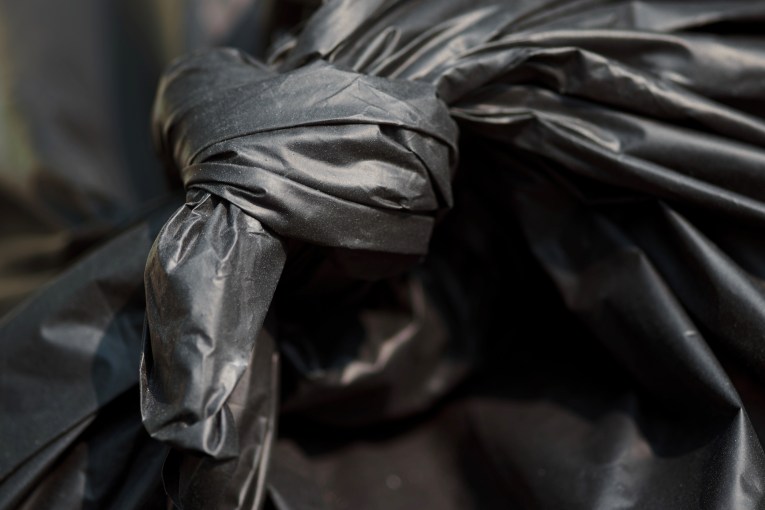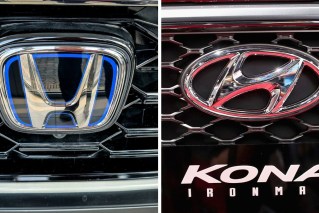Prepare to be tempted at the checkout – Woolworths to target impulse buyers


Why consumers fall for impulse buying. Photo: Getty
Consumers will be forced to fight or give in to the temptation of purchasing enticing products such as snack foods at checkouts as Woolworths ramps up its impulse buying strategy.
On Wednesday The Australian reported Woolworths was planning to target “adult snacking” and “home entertaining” over the next 12 months, citing a briefing with suppliers.
Woolworths neither confirmed nor denied these claims when contacted by The New Daily.
“We recently met with our suppliers to talk about the ways we can build an even better impulse offer for our shared customers over the next 12 months,” a Woolworths spokesman said.
“To do this, we plan to work with our suppliers to further improve our on-shelf availability when products are on promotion.”
The New Daily visited a selection of retailers in Melbourne and analysed the products featured at the entrances, ends of aisles and checkouts.
Certain items featured more heavily than others, including chocolate bars, gift cards, paracetamol, batteries, nuts, berries and lozenges.
Why do consumers fall for impulse buys?
Consumer behaviour and retail expert Amanda Stevens said the impulse buying phenomenon could be explained by a number of drivers.
These include emotional enjoyment, loss aversion, bargain spotting, the desire to stock up, and rose-coloured glasses syndrome.
“Most of us have a section of our wardrobe dedicated to unworn impulse purchases, a kitchen of unused gadgets and a bathroom drawer with make-up and cosmetics that we convince ourselves we will use one day,” Ms Stevens said.
“So why do we buy? The majority of the time, consumer behaviour is driven by the unconscious mind.
“Shoppers are often under the influence of basic evolutionary drivers and the modern act of buying something is often filling an array of emotional, irrational and primal needs.”
She said junk and snack foods appeal to in-the-moment hunger and gift cards are often placed at checkouts to appeal to consumers who have just bought a gift.
Dr Michael Callaghan, a marketing and corporate ethics expert, said impulse buyers tend not to be those who do a weekly shop, but those who might drop into the supermarket to pick up something on the way home from work.
“Panadol and batteries are what I like to call ‘insurance products’. They are cheaper products that people will often buy because they are worried they will run out.
“It’s a similar idea to selling umbrellas at the entrance on a cloudy day – you buy it ‘just in case’.
“The success of Aldi and Costco’s bulk purchasing means that Woolworths and Coles will rely more on smaller-size impulse buys.”
Dr Callaghan said there is no universal policy but companies often negotiate to have their products feature in high-traffic shelf space as part of a promotional contract with a retailer, where the product may also feature in a catalogue.
Corporate watchdog ASIC’s MoneySmart advises consumers that there are a number of strategies to reduce the urge to impulse buy.
These include tracking your spending habits on the TrackMySpend app, sleeping on it before buying, using cash and leaving your cards at home, avoiding shopping centres and setting yourself a budget.









